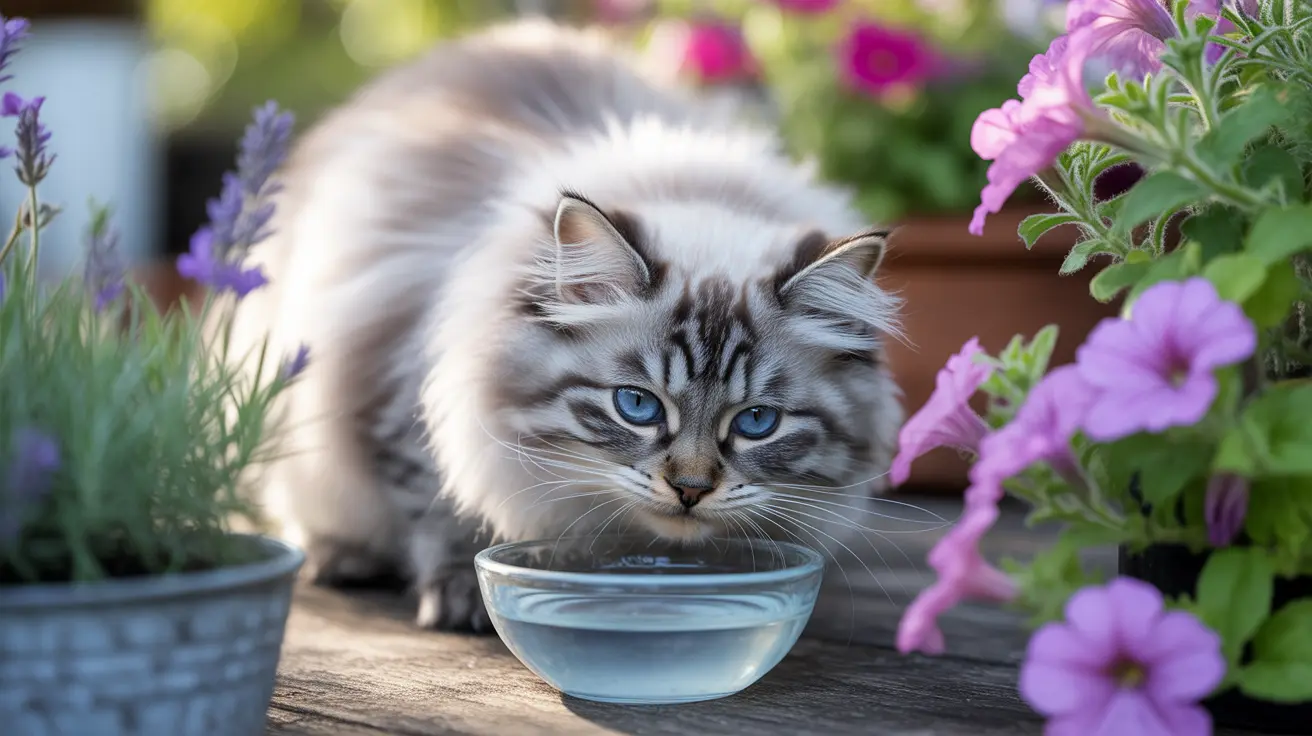Understanding Ammonia and Its Effects on Cats
Ammonia is a powerful chemical compound with a strong, pungent odor. While some people believe this intense smell will deter cats, the reality is quite different. Not only is ammonia largely ineffective as a deterrent, but it can also trigger dangerous and potentially fatal responses in cats.
Cats have extremely sensitive respiratory systems, making them particularly vulnerable to ammonia's toxic effects. Even low concentrations can cause severe damage to their lungs and airways.
Why Ammonia Fails as a Cat Deterrent
Contrary to popular belief, using ammonia to keep cats away often backfires for several reasons:
- The smell may actually attract cats, as it resembles urine
- Some cats respond by marking the area more intensively
- The chemical's effectiveness diminishes quickly outdoors
- Rainfall and weather conditions can dilute or spread the ammonia
Health Risks and Dangers
Exposure to ammonia can cause severe health problems in cats, including:
- Immediate respiratory distress
- Severe lung damage
- Eye and throat irritation
- Chemical burns to paws and skin
- Potential fatal reactions in enclosed spaces
Safe and Effective Alternatives to Ammonia
Instead of risking harm to cats with ammonia, consider these humane deterrent methods:
- Motion-activated sprinklers
- Commercial cat repellent sprays
- Natural deterrents like citrus peels or coffee grounds
- Physical barriers such as garden netting
- Ultrasonic deterrent devices
Best Practices for Deterring Cats Humanely
To effectively keep cats away from your property without causing harm:
- Remove potential food sources
- Secure garbage containers
- Block access to sheltered areas
- Install physical barriers
- Use pet-safe commercial repellents
Frequently Asked Questions
Does ammonia effectively keep cats away from my yard or home?
No, ammonia is not an effective cat deterrent. While its strong smell might temporarily repel some cats, others may actually be attracted to it or mark the area more intensively in response.
Why is using ammonia to repel cats considered unsafe for their health?
Ammonia can cause severe respiratory damage, chemical burns, and even death in cats due to their sensitive respiratory systems and small body size. Even brief exposure can lead to serious health complications.
What are the symptoms of ammonia exposure in cats I should watch for?
Key symptoms include coughing, wheezing, difficulty breathing, watery eyes, nose irritation, lethargy, and loss of appetite. If you notice these symptoms, seek immediate veterinary care.
How can I prevent ammonia buildup from cat urine in my home?
Regular litter box cleaning, proper ventilation, using high-quality litter, and maintaining multiple litter boxes in multi-cat households can help prevent ammonia buildup from cat urine.
What humane alternatives exist for deterring cats without risking their health?
Safe alternatives include motion-activated sprinklers, commercial pet deterrent sprays, physical barriers, ultrasonic devices, and natural repellents like citrus peels or coffee grounds.
Conclusion
While the question "does ammonia keep cats away?" might seem straightforward, the answer involves serious ethical and safety considerations. Instead of risking harm to cats with dangerous chemicals, opt for humane deterrent methods that protect both your property and our feline friends.
Remember, the most effective long-term solution combines several safe deterrent strategies while ensuring no harm comes to any animals in the process.






